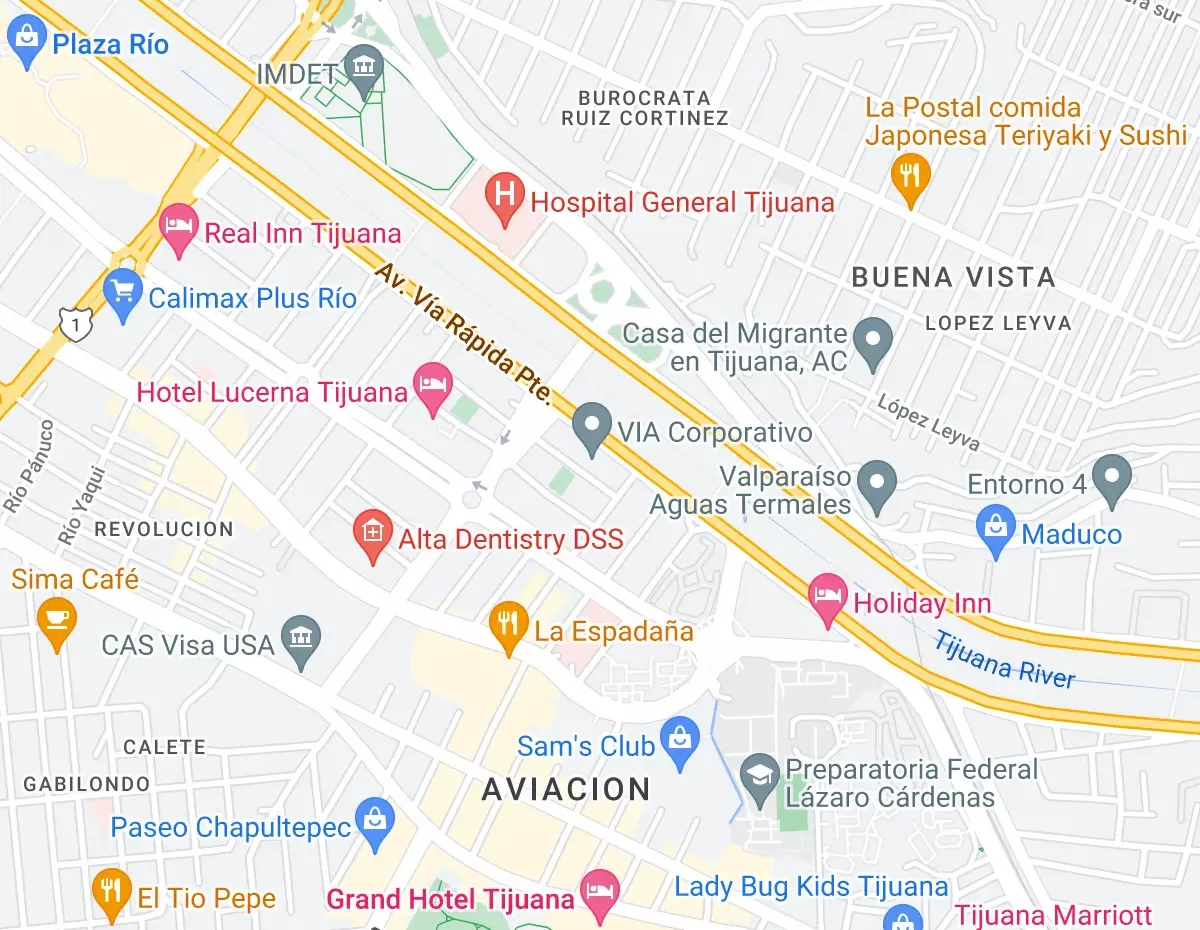When you're battling PTSD, the journey toward recovery can feel like walking through a maze. It's not just about traditional therapy; holistic approaches are gaining recognition for healing mind, body, and spirit. Ever heard of Ibogaine? This naturally occurring psychoactive substance has sparked interest for its potential to disrupt trauma patterns and encourage neuroplasticity. But, as with any treatment, it's important to understand the risks and rewards. So, wouldn't you like to know more about how this multifaceted approach might offer a new path to overcoming PTSD?
Key Takeaways
- Holistic approaches to PTSD recovery focus on treating the whole person, utilizing strategies like balanced nutrition, energy healing, and mindfulness practices.
- Ibogaine, a psychoactive substance, has shown potential for treating PTSD by interrupting trauma patterns and promoting neuroplasticity.
- However, Ibogaine's use comes with significant considerations, including possible physical and psychological side effects and the need for administration under professional supervision.
- Integrating Ibogaine into a PTSD recovery plan should be part of a comprehensive treatment strategy, supplemented with therapy, physical activities, and peer support groups.
- The use of Ibogaine for PTSD treatment is influenced by legal regulations and cultural perspectives, which vary greatly across different regions.
Understanding PTSD: A Brief Overview
In dealing with Post-Traumatic Stress Disorder (PTSD), you need to grasp its nature and implications fully. PTSD isn't just about experiencing a traumatic event; it's about the impact that event continues to have on your life. PTSD triggers can be anything that reminds you of the trauma, and they can prompt a range of reactions from anxiety to flashbacks.
Understanding these triggers is a vital step in symptom management. It can help you anticipate and prepare for challenging situations. This knowledge won't prevent the triggers but can make them more manageable. For instance, when exposed to a trigger, you might learn coping strategies, like deep breathing or mindfulness.
But remember, it's not just about managing symptoms. You've got to address the underlying trauma, too. That's where holistic approaches come into play. They aim to heal the whole person, not just treat the symptoms. They focus on the mind, body, and spirit.
Traditional PTSD Therapy Methods
While holistic methods take a thorough approach, traditional PTSD therapy methods also play a substantial role in addressing trauma and managing symptoms. You've probably heard of Exposure Therapy and Cognitive Processing, two significant methodologies grounded in cognitive-behavioral philosophy.
In Exposure Therapy, you're gradually and repeatedly exposed to thoughts, feelings, and situations that remind you of your trauma. This repeated exposure helps you reduce your fear and anxiety. It's like facing your demons head-on until they're not so scary anymore. It's tough, yes, but it's also incredibly effective.
Cognitive Processing is another powerful tool in your recovery toolbox. Here, you'll work with a therapist to challenge and modify your negative thoughts related to the trauma. You'll learn to recognize how certain thought patterns can keep you in a cycle of pain and fear. By changing the way you think, you can change the way you feel.
Exploring Holistic Approaches
Now, let's shift our focus to holistic approaches in PTSD recovery. You've probably heard about mindfulness, but do you truly understand its therapeutic power? Let's unpack what holistic therapies are and how mindfulness can be a potent tool in your recovery journey.
Understanding Holistic Therapies
You might've heard the term 'holistic therapy' before, but understanding what it truly entails is essential to exploring its potential benefits in PTSD recovery. Holistic therapy is an approach that aims to treat the person as a whole, not just the symptoms of their disease. A key part of this approach is holistic nutrition, which emphasizes the benefits of a balanced diet and natural foods in promoting general health and well-being. This can be especially beneficial for those dealing with PTSD, as a healthy body can often support a healthy mind. Energy healing, another aspect of holistic therapy, is less tangible but equally important. This involves manipulating the body's energy field to promote healing and balance, providing a potentially powerful tool in the PTSD recovery process.
Benefits of Mindfulness
Delving deeper into holistic approaches, it's important to understand that practicing mindfulness can offer substantial benefits to your PTSD recovery journey. Mindfulness benefits include heightened self-awareness and enhanced calmness, both critical for managing PTSD symptoms. Focusing on the present moment teaches you to respond rather than react to stressors, promoting stress reduction.
Mindfulness doesn't just quiet your mind, it can also help you identify and change negative thought patterns that may contribute to your PTSD. This therapeutic approach encourages acceptance and compassion towards oneself, fostering a healthier mental state. So, why not try incorporating mindfulness into your daily routine? It might provide that extra support you've been seeking on your path to recovery. Remember, recovery is not a race, but a journey. Take it one mindful moment at a time.
Ibogaine: What Is It?
So, you've heard of Ibogaine, but what is it exactly? Let's start from the beginning and explore its historical roots. Then, we'll move on to understand how it's used in the treatment of PTSD.
Ibogaine's Historical Context
Let's unravel the intriguing history of ibogaine, a naturally occurring psychoactive substance, often touted for its potential in treating PTSD. Its use goes way back, deeply woven into African traditions, specifically among the Bwiti religion of Gabon. They've used it for generations in spiritual ceremonies and rites of passage.
Ibogaine legality has been a point of contention. Despite its potential therapeutic benefits, it's classified as a Schedule I drug in the U.S., making it a substance with regulatory challenges. Here's a snapshot of its historical context:
- Rooted in African traditions as a spiritual and medicinal tool
- Discovered by the West in the 19th century
- Classified as a Schedule I drug in the U.S. in 1967
- Continues to be explored for potential therapeutic uses despite legal constraints
These factors have shaped Ibogaine's complex history and its current standing in medicine and therapy.
Understanding Ibogaine Treatment
In the heart of this conversation, you'll find ibogaine, a psychoactive substance derived from the African iboga shrub, which plays a complex role in PTSD treatment. Ibogaine is recognized for its potential to alleviate trauma symptoms. Despite the challenge of its restricted availability in many countries, including the U.S., due to its hallucinogenic properties, in Mexico, where it is legal, it remains an option for those seeking alternative treatments. Despite these challenges, ibogaine is considered a beacon of hope for many who pursue a PTSD-free life after other treatments have not succeeded. This unconventional approach offers a potential path to recovery for those in need.
The Role of Ibogaine in PTSD Recovery
You might not be aware, but ibogaine, a naturally occurring psychoactive substance found in plants, plays a significant role in PTSD recovery. This unique compound is gaining recognition for its ability to alleviate PTSD symptoms and influence PTSD biomarkers, highlighting its potential in therapeutic settings where it is available.
Here's how Ibogaine aids PTSD recovery:
- Interrupts Trauma Patterns: Ibogaine can disrupt the cycle of traumatic recall, giving your brain a chance to process events differently.
- Alters PTSD Biomarkers: It changes levels of brain-derived neurotrophic factor (BDNF), a PTSD biomarker, promoting healing.
- Promotes Neuroplasticity: Ibogaine facilitates new neural connections, helping your brain recover and adapt.
- Enhances Psychotherapy: It can deepen your therapeutic experiences, making them more effective.
However, ibogaine's potential isn't fully harnessed due to its availability issues in some regions. Nonetheless, ibogaine offers a novel approach to PTSD treatment, one that could revolutionize how we perceive and handle the condition. You must also remember that this isn't a magic bullet and successful PTSD recovery often includes a holistic approach incorporating therapy, lifestyle changes, and, sometimes, medications.
Integrating Ibogaine Into a Comprehensive PTSD Recovery Plan
Despite its potential risks, if you're considering integrating Ibogaine into your PTSD recovery plan, it's vital to approach it as just one component of a well-rounded, multi-faceted treatment strategy. This process should ideally include:
- Regular therapy sessions with a knowledgeable and supportive mental health professional
- Mindfulness practices like meditation or yoga to help manage stress and anxiety
- Physical activities to improve overall wellness and resilience
- Peer support groups for shared experiences and mutual encouragement
Keep in mind the legality of ibogaine in your region, as it's not universally accepted. Regulations vary by country, so it's important to research and understand the laws about Ibogaine use where you live.
Cultural perspectives can also influence your treatment decisions. In some societies, Ibogaine is viewed as a sacred plant medicine with profound healing capabilities, while others see it as a potentially dangerous substance.
Conclusion
Managing your PTSD recovery is a deeply personal journey. At New Roots Ibogaine, we embrace a holistic approach that incorporates traditional therapies, mindfulness, peer support, and the innovative potential of ibogaine treatment. Each element is crucial in fostering symptom management and thorough healing, all under the watchful guidance of our professional staff to ensure safety and efficacy.
You are not alone in this journey. New Roots Ibogaine is committed to supporting you every step of the way, providing a nurturing environment to facilitate your path to recovery. We invite you to explore our various treatment options and join a community dedicated to wellness and recovery.




